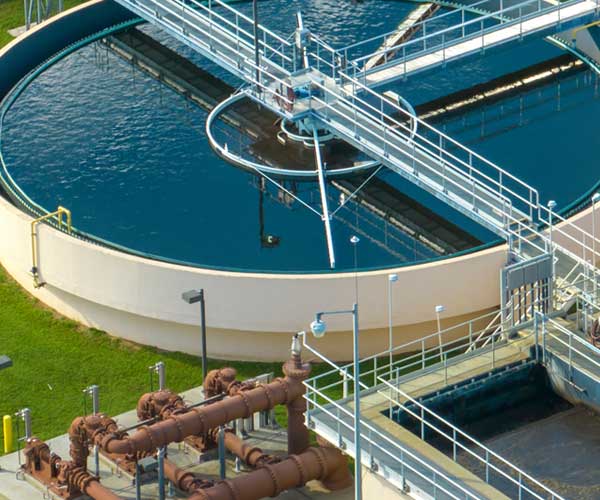ETP/WTP services
ETP (Effluent Treatment Plant) and WTP (Water Treatment Plant) services involve the design, installation, operation, and maintenance of systems that treat wastewater and potable water, respectively. Here's an overview of these services:
Effluent Treatment Plant (ETP) Services
Design and Engineering
- Assessing the characteristics and volume of wastewater to determine the appropriate treatment processes.
- Designing ETP systems tailored to the specific needs and regulatory requirements of clients and local authorities.
Installation and Commissioning
- Procuring and installing equipment such as screens, clarifiers, aeration tanks, and filters for the treatment process.
- Conducting commissioning tests to ensure the ETP functions effectively and meets performance standards.
Operation and Maintenance
- Operating the ETP system, including monitoring flow rates, chemical dosing, and treatment efficiency.
- Conducting routine maintenance tasks such as equipment inspection, cleaning, and calibration to prevent breakdowns and optimize performance.
Compliance and Reporting
- Ensuring compliance with environmental regulations and discharge standards set by regulatory authorities.
- Generating reports and documentation to demonstrate compliance with effluent quality parameters.
Upgrades and Retrofits
- Evaluating existing ETP systems for upgrades or retrofits to improve treatment efficiency, reduce operating costs, or meet changing regulatory requirements.
- Implementing modifications and enhancements to existing systems as needed.
Water Treatment Plant (WTP) Services
Raw Water Analysis and Treatment Design
- Analyzing the quality of raw water sources (e.g., surface water, groundwater) to identify contaminants and treatment requirements.
- Designing WTP systems that utilize processes such as coagulation, filtration, disinfection, and ion exchange to produce potable water.
Plant Construction and Installation
- Constructing and installing treatment facilities, including settling tanks, filters, chemical dosing systems, and disinfection units.
- Ensuring compliance with design specifications, safety standards, and regulatory requirements during construction.
Operation and Monitoring
- Operating the WTP system to treat raw water and produce potable water that meets quality standards for human consumption.
- Monitoring water quality parameters such as turbidity, pH, chlorine residual, and microbiological contaminants.
Maintenance and Troubleshooting
- Performing preventive maintenance tasks such as equipment lubrication, filter backwashing, and membrane cleaning to ensure optimal plant performance.
- Troubleshooting and repairing equipment malfunctions or process deviations to minimize downtime and maintain water supply continuity.
Quality Assurance and Compliance
- Conducting regular quality control tests to verify the efficacy of treatment processes and ensure compliance with drinking water standards.
- Documenting treatment process data, analytical results, and regulatory compliance records for reporting and audit purposes.
Industries Served
- Municipalities and Local Governments: Providing wastewater treatment and drinking water supply services for urban and rural communities.
- Industrial Facilities: Treating wastewater generated from industrial processes to meet discharge standards and environmental regulations.
- Commercial Establishments: Offering customized water treatment solutions for hotels, resorts, hospitals, and shopping malls.
- Agriculture: Implementing water reuse and recycling systems for irrigation and agricultural purposes.
Benefits of ETP/WTP Services
- Environmental Protection: Minimizing the impact of wastewater discharges on water bodies and ecosystems.
- Public Health: Providing safe and clean drinking water to communities, reducing the risk of waterborne diseases.
- Regulatory Compliance: Ensuring compliance with environmental regulations and water quality standards.
- Resource Conservation: Recycling and reusing treated wastewater for non-potable purposes such as irrigation and industrial processes.
- Operational Efficiency: Optimizing the performance of treatment plants to reduce operating costs and energy consumption.
Effluent Treatment Plant (ETP) and Water Treatment Plant (WTP) services play a crucial role in safeguarding public health, protecting the environment, and promoting sustainable water management practices.



